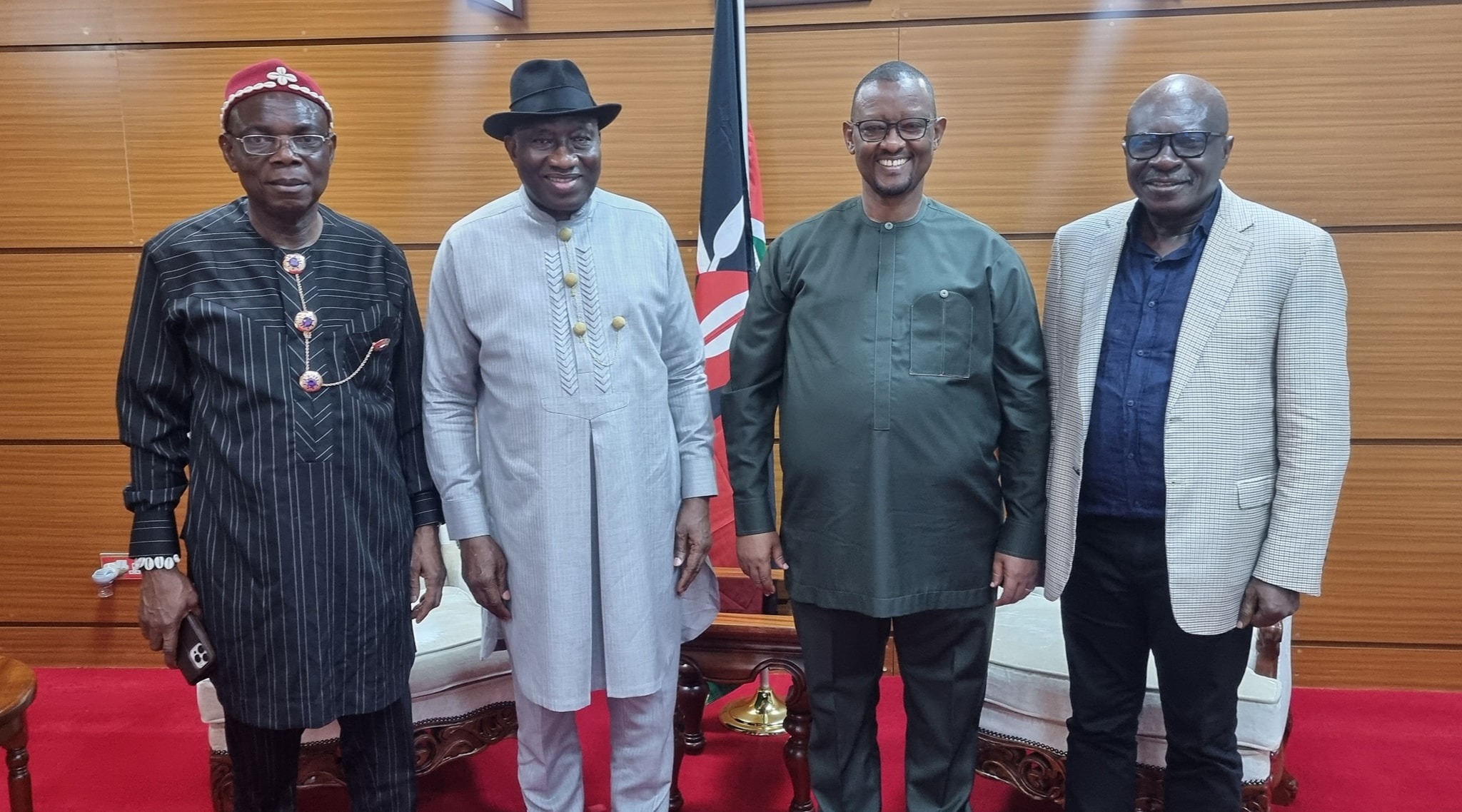




The John Innes Centre (JIC) in Norwich has been selected as the UK lead for the new UK-CGIAR Centre, which aims to strengthen ties with CGIAR and tackle climate change and global food security. JIC researchers will lead a project using genetic innovations to accelerate the breeding of climate resilient and nutritious crops. The project also aims to speed up the plant breeding process by adopting new techniques such as precision breeding and data-driven sequence-based discovery. Other research goals for the UK-CGIAR Centre include sustainable crop management, climate-smart agronomic practices, enhancing nutrition, and improving livestock health and welfare.
Former President Goodluck Jonathan emphasized the need for technology innovations in the agricultural sector to address food insecurity and climate change challenges [92db5d34]. Vice President Kashim Shettima of Nigeria sought US assistance in addressing food security challenges and highlighted the importance of improved agricultural practices and climate resilience [8e9114d7]. Shettima also emphasized Nigeria's focus on digital technology and clean energy as part of the country's energy transition plan and efforts to diversify the economy [9c619686]. The Danish Government and the Global Centre on Adaptation commended Nigeria's stability and positive influence in the region and expressed optimism about future collaboration on energy transition [9c619686].
The African Union Development Agency (AUDA-NEPAD) is working with countries in Africa to deploy genome editing in the agricultural sector to address the increasing levels of hunger and poverty. Genome editing has the potential to significantly improve agricultural productivity, ensure food security, and enhance food quality and nutritional value. The technology can also promote climate-friendly agriculture and reduce dependence on fertilizers and pesticides. Nigeria is one of the countries making progress in genome editing, with a regulatory framework in place and crops being edited in line with guidelines set by the National Biosafety Management Agency. Other African countries, including Kenya, Ethiopia, and Zimbabwe, are also involved in genome editing projects. Stakeholder consultations, capacity building, and the development of communication strategies and implementation plans are underway to facilitate the safe and effective deployment of genome editing technology in agriculture across the continent. [5053761d]
Jerry Baron, the Executive Director of the IR-4 Project, discusses how the organization is evolving to address the needs of specialty crop growers, including the emergence of biologicals. He mentions that crop protection companies are expanding into newer technologies and areas for products, and that there are challenges with products becoming unusable due to increased scrutiny and restrictions. Baron also highlights the importance of IR-4's work in developing solutions for pest management and moving them through the regulatory process. He expresses excitement and concern about the future of the industry, particularly in ensuring enough food for a growing population. The article also mentions a special digital report celebrating 60 years of the IR-4 Project as an industry partner.
The collaboration between the John Innes Centre (JIC) and the IR-4 Project demonstrates the global efforts to address food security and agricultural challenges. The JIC's genetic innovations and the IR-4 Project's focus on developing solutions for specialty crop growers contribute to the advancement of sustainable and resilient agriculture. By leveraging new technologies and techniques, such as precision breeding and biologicals, researchers aim to accelerate the breeding of climate resilient and nutritious crops, enhance pest management strategies, and ensure the availability of safe and effective crop protection products. These collaborative initiatives play a crucial role in meeting the increasing demand for food while mitigating the impacts of climate change and promoting sustainable agricultural practices.
[92db5d34] [8e9114d7] [9c619686] [5053761d] [d639e543]